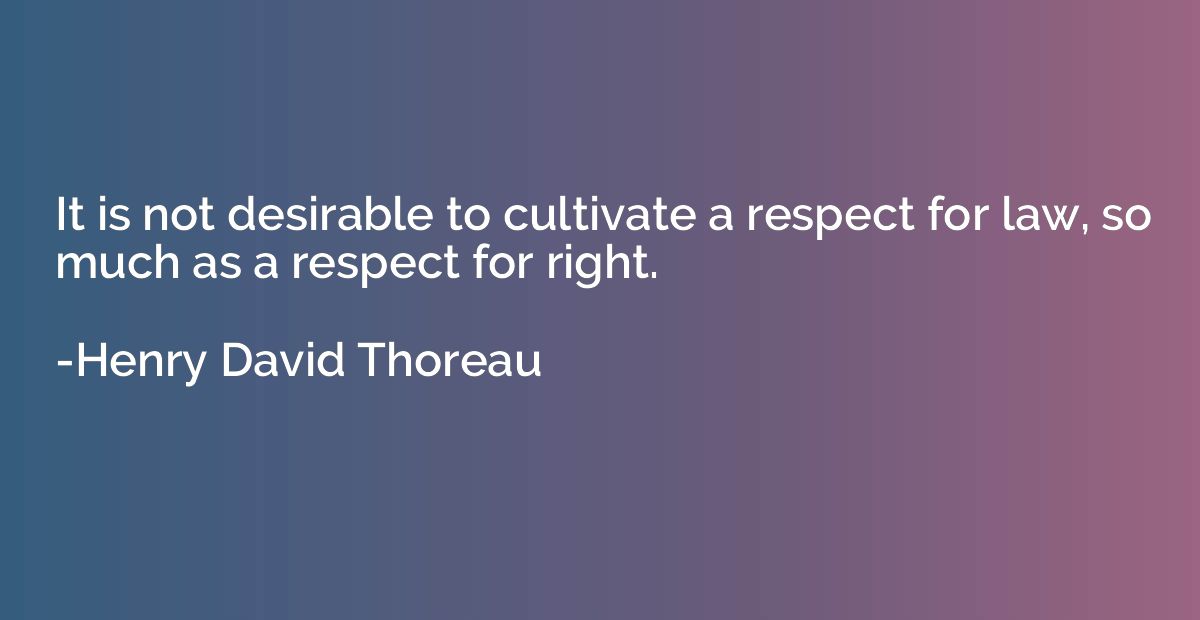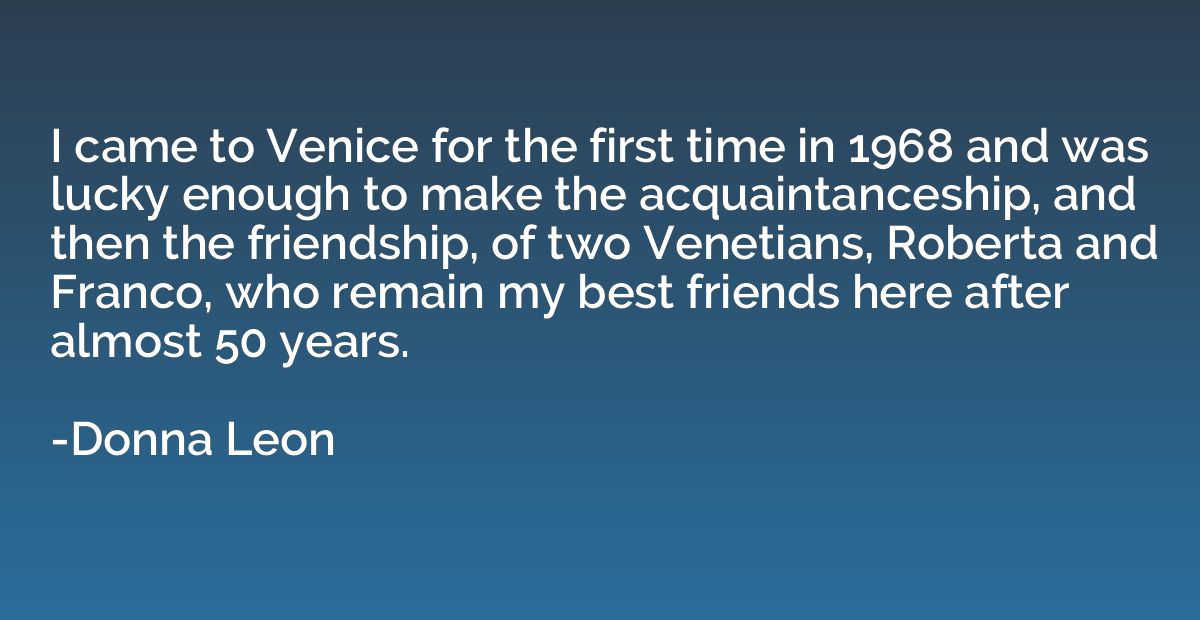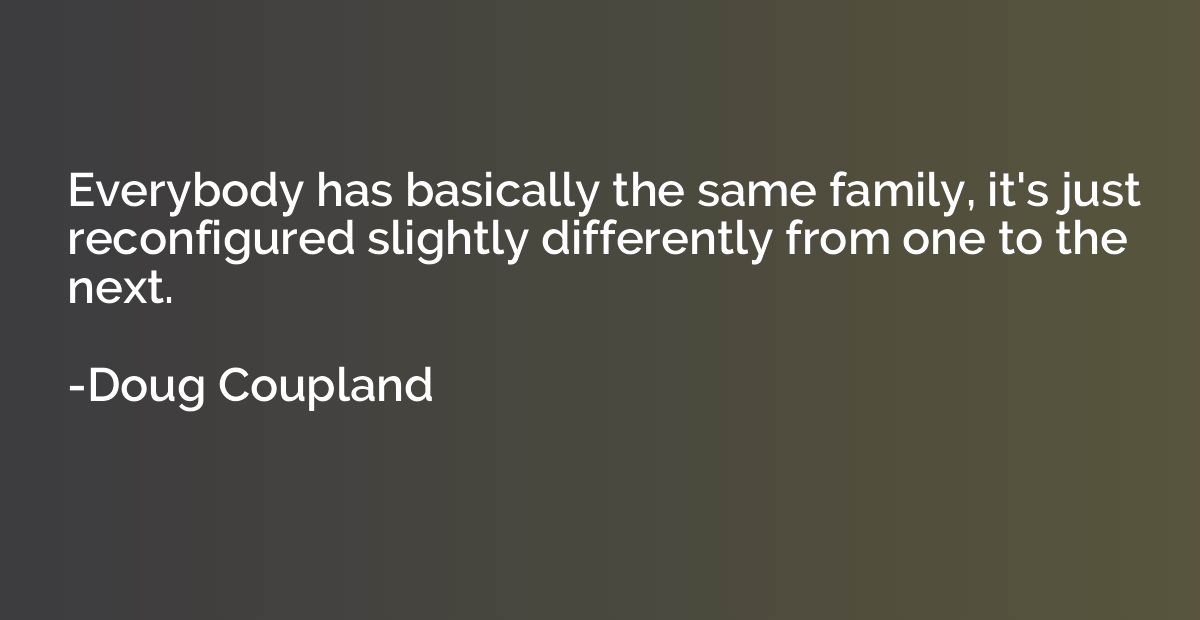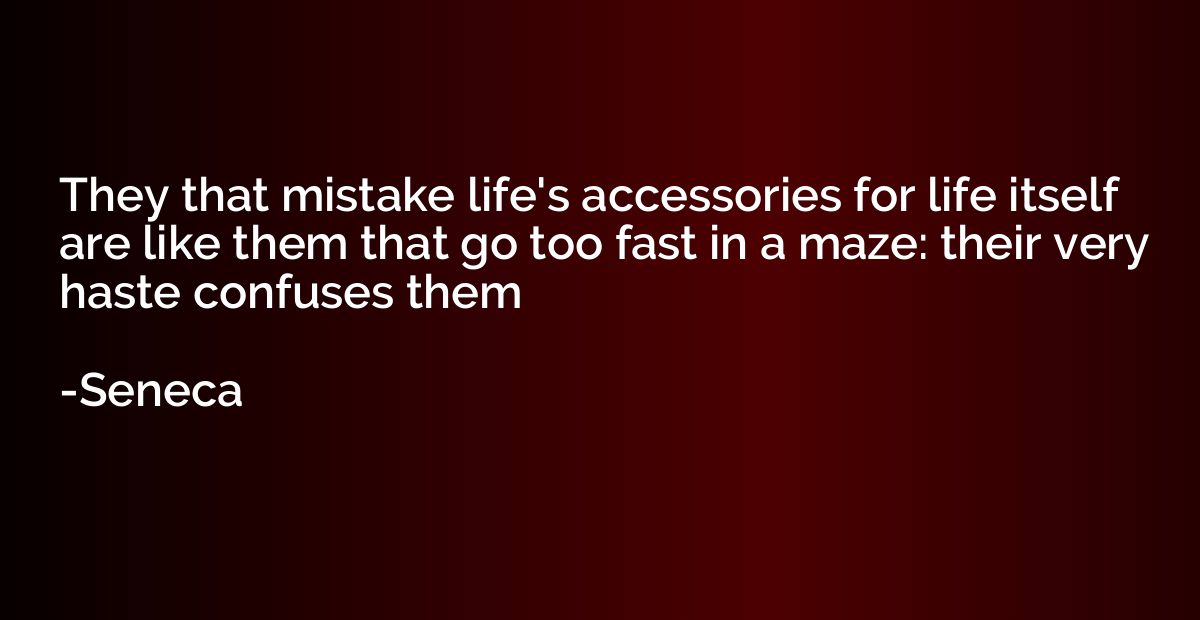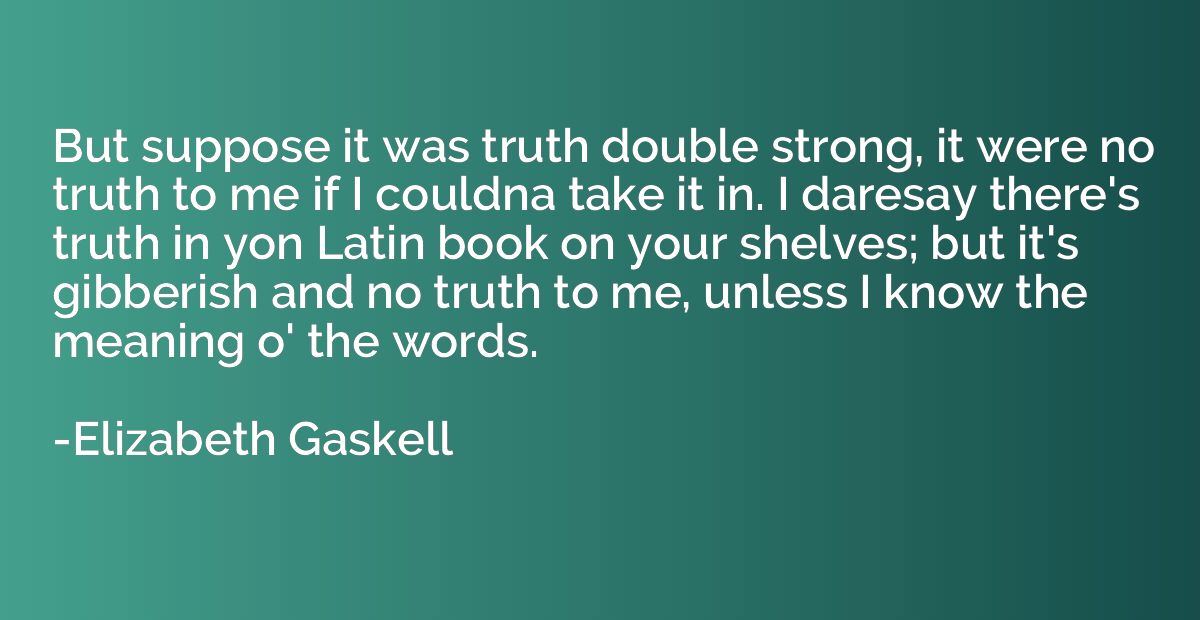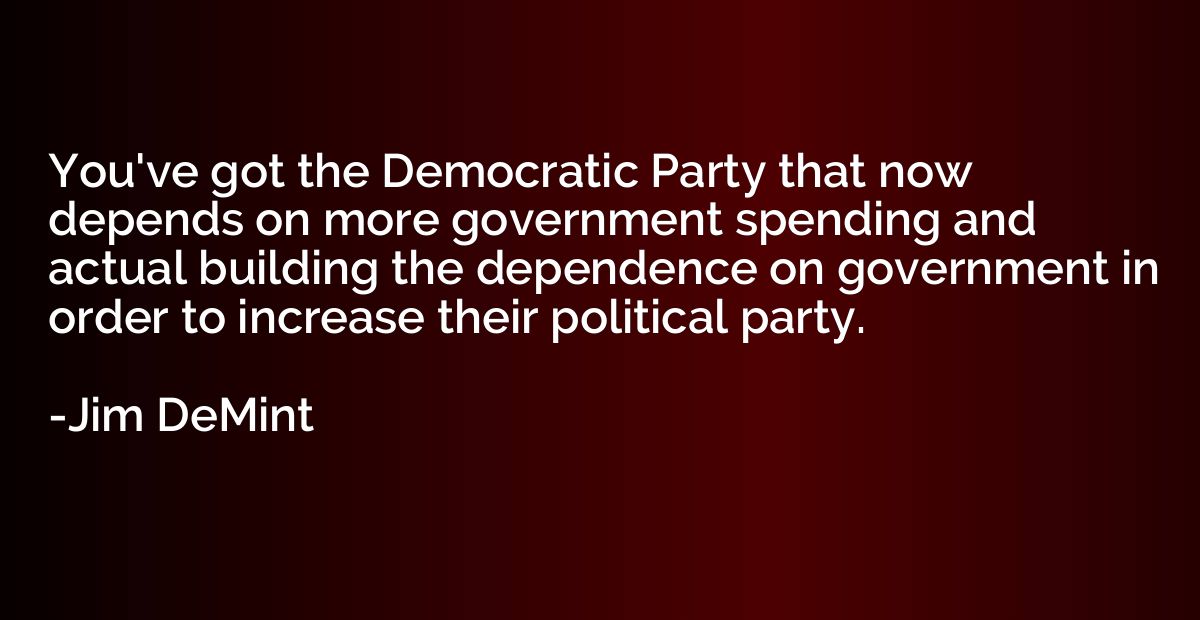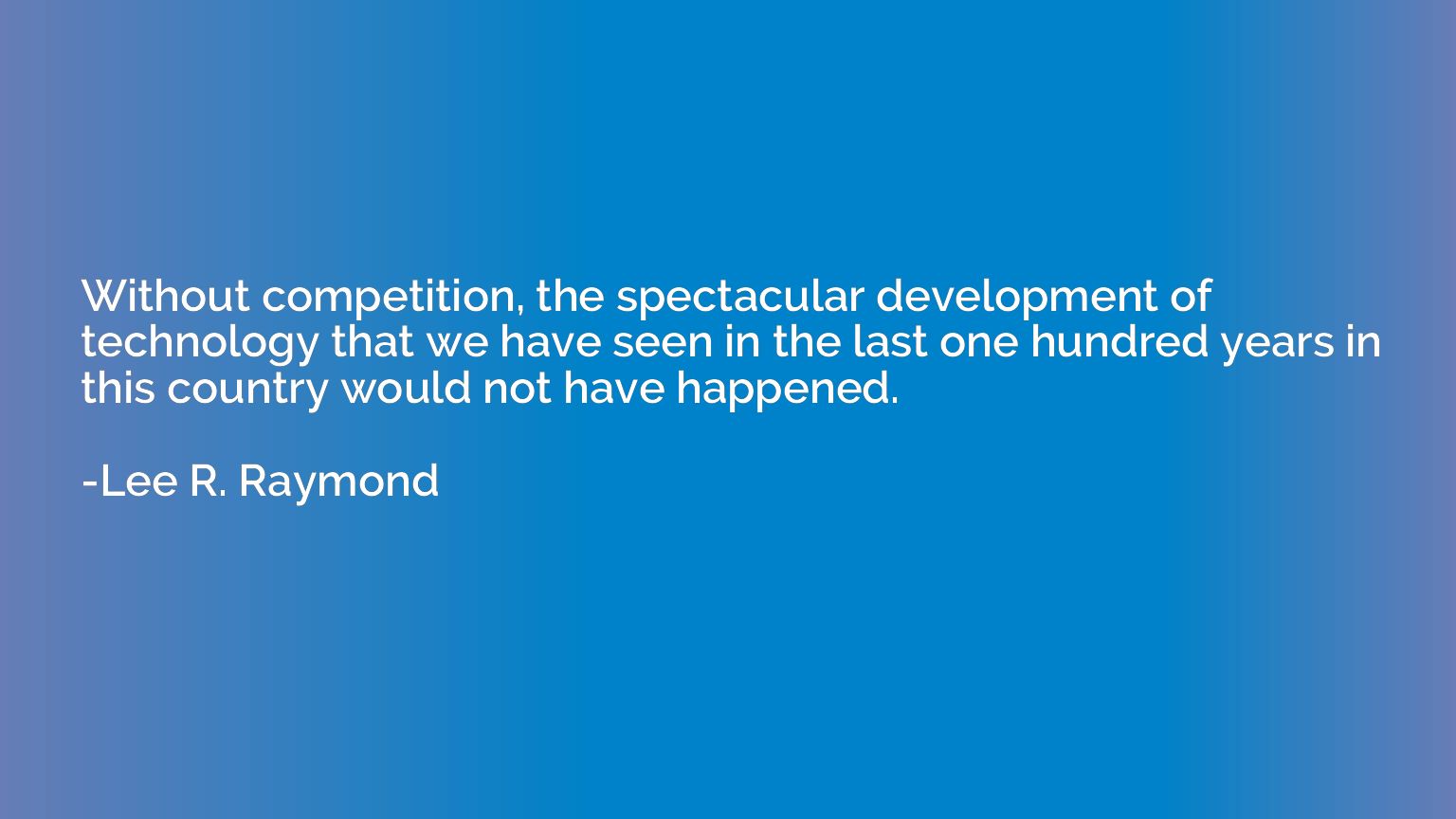Quote by Carl Schurz
From the equality of rights springs identity of our highest interests you cannot subvert your neighbor's rights without striking a dangerous blow at your own.
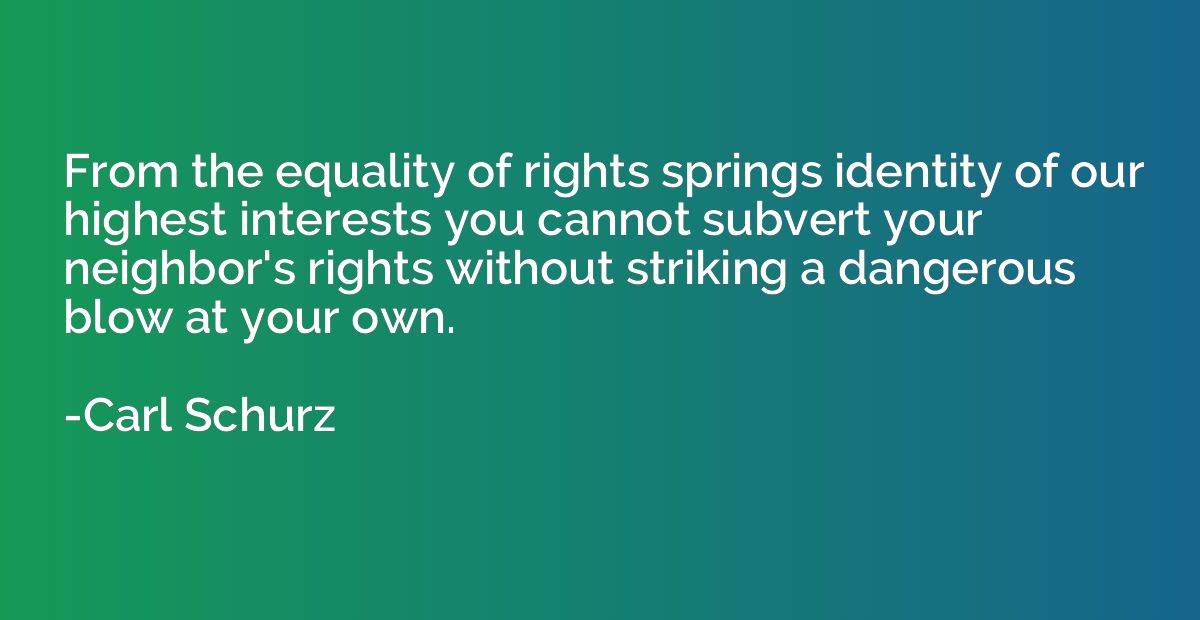
Summary
This quote emphasizes the interconnection between individual rights and their impact on collective well-being. It suggests that when we infringe upon the rights of others, we jeopardize our own prosperity and security. By acknowledging and respecting the equality of rights, we promote mutual interest and harmony within society. It reinforces the idea that maintaining the rights and liberties of one another serves as a safeguard for our own rights and freedoms, highlighting the importance of upholding and protecting fundamental human rights for the benefit of society as a whole.
By Carl Schurz




